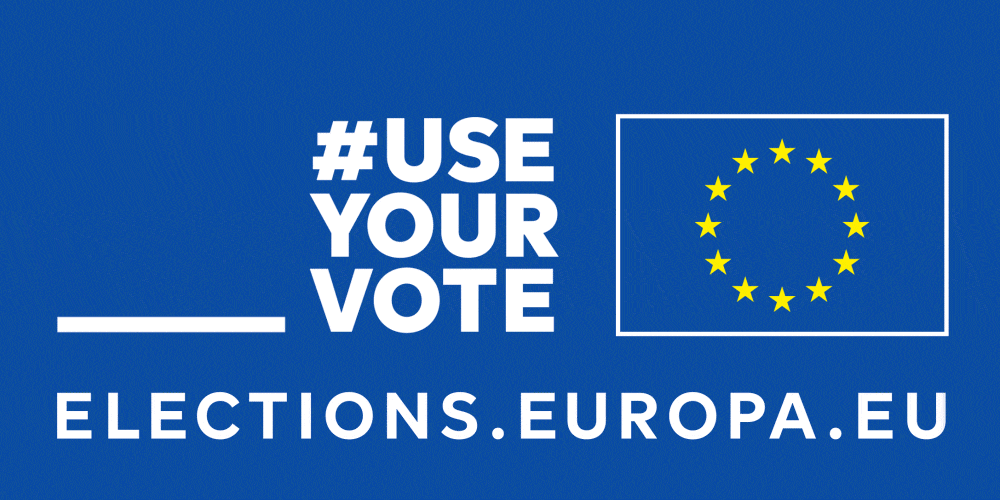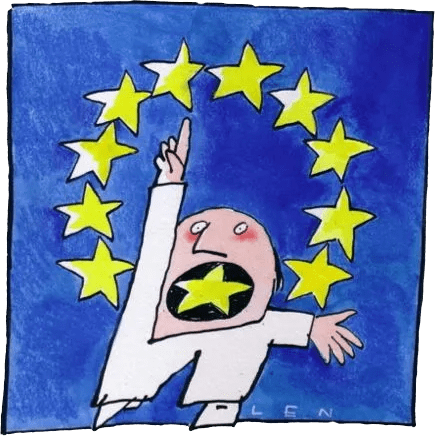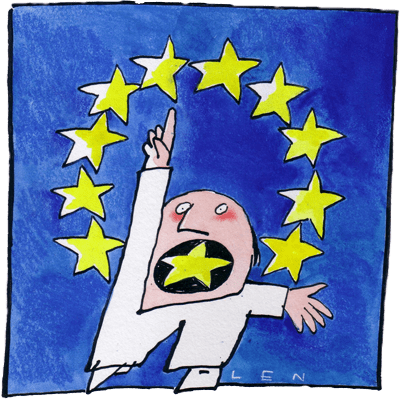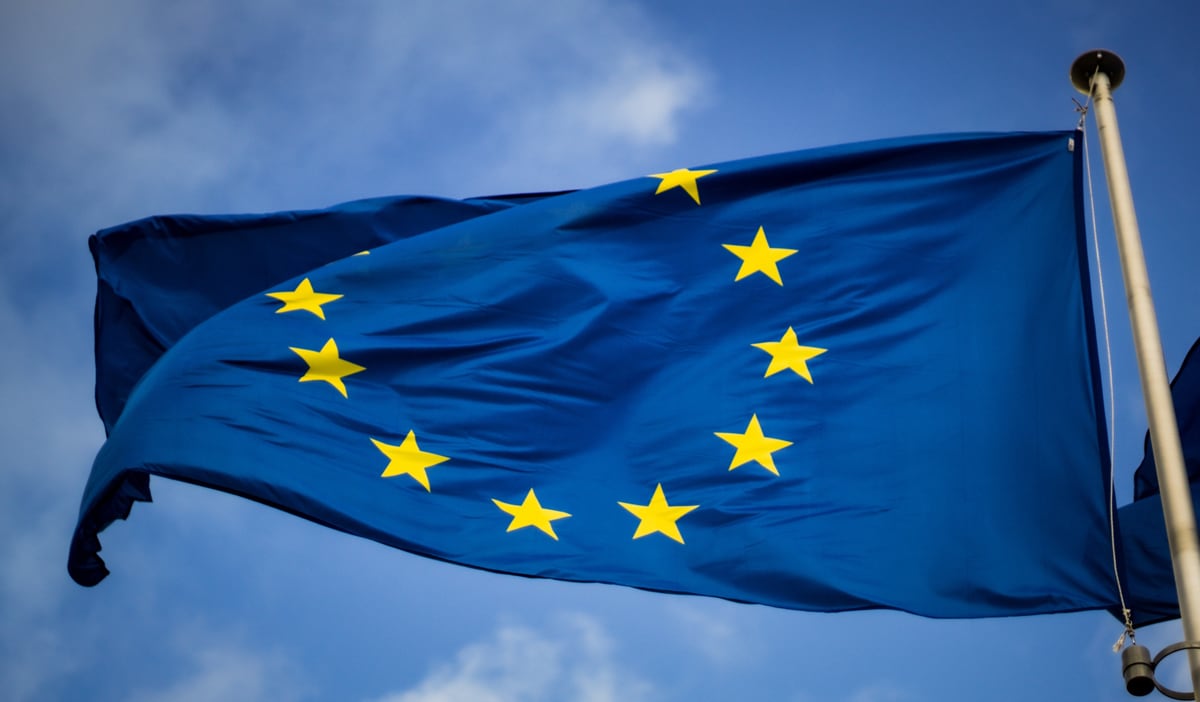
While the ECI is facing the biggest crisis since its beginnings, the Commission continues “business as usual”!
The recently published review report on the application on the ECI shows that the Commission lacks any willingness to combat the poor state of the European Citizens’ Initiative. As a reminder, in almost twelve years only 10 initiatives have been presented to the Commission.
Although the European Parliament proposed a comprehensive package of measures to strengthen the ECI in its resolution of June 13, 2023, almost none of it is taken up by the Commission.
What was very striking was that the Commission pretty much swept the European Citizens’ Initiative “End the Cage Age” under the carpet. The Commission has failed to provide a convincing explanation as to why, after 2.5 years, it has still not implemented this initiative, contrary to its previous commitment. A broad coalition of civil society organisations and former ECIs organizers have addressed this problem directly towards Commission President von der Leyen in a public letter which however remained unanswered. According to various media reports, the Commission wants to backpaddle from its obligation to implement the ECI “End the Cage Age” due to massive lobby pressure. It is more than worrying if business lobbyists can infiltrate European democracy in this way. It is therefore very regrettable that the Commission did not take the opportunity to comment on these allegations in its report.
We are also very concerned that the Commission has avoided making clear commitments to the implementation of the subsequent citizens’ initiatives, although it has made it clear that it shares their objectives. It goes against the spirit of the European Citizens’ Initiative and the ECI Regulation for the Commission to limit itself to announcing the implementation of impact assessments or, as in the case of the ECIs “Stop Finning” and “Fur Free Europe”, to decide that a decision should be taken at a later point of time. In the latter case, the Commission has announced that it will not take a decision until March 2026. There is clearly a lot of catching up to do when it comes to the democratic culture within the European Commission.
While the Commission remains silent on the ECI “End the Cage Age”, it goes to great lengths to justify why individual online collection systems cannot continue to be used. This is all the more astonishing given that the Commission itself has spoken out in favor of maintaining it in the past. These systems had proven to be very effective. 50% of all successful initiative made use of this. According to a study commissioned by the Commission, these systems would pose security and data protection risks. The fact is, however, that there are no known data protection violations in this context. The European Data Protection Supervisor had also expressed no concerns about these online collection systems.
Insisting on the exclusive use of the Commission’s centralised collection system does not in any way take into account the fact that the success of initiatives depends to a large extent on the support of a network of organizations in different Member States with different languages and political cultures. The elimination of individual online collection systems, which was a massive driver for innovation, will also remove any incentive for the Commission to improve the central online collection system, as the Commission has already shown little interest in further developing the ECI into a truly effective participation mechanism.
After more than ten years, and after numerous indications, particularly from civil society organizations, the Commission has finally recognized that carrying out a citizens’ initiative is an undertaking that is very cost-intensive and cannot be shouldered with a few material resources alone. However, it falls short when the Commission points out that organizers could use the funding programs managed by the Commission, such as for instance “Citizens, Equality, Rights and Values” for this purpose. This would ultimately lead to the Commission being able to decide which initiatives are worthy of funding based on its own political preferences. Given past experiences, such concerns are unfortunately not unfounded.
Although the Parliament has repeatedly called on the Commission in the past to include relevant civil society organizations in the ECI expert group, the Commission has once again ignored this request. This constant disregard for the elected representatives of the citizens of the Union is extremely worrying.
Altogether, this report also shows that it is not appropriate to entrust the Commission with the task of assessing the implementation of the ECI and thus its own activities. A suitable solution should be sought in the future to ensure that the implementation of the ECI Regulation is adequately monitored.
It is very welcome that the Commission would like to make a contribution to strengthening democracy in the member states as part of the Defense for Democracy Package. However, it has failed to do its own homework when it comes to strengthening democratic participation at European level.


ECI for the Rights of Nature: A Chance for Democracy and Environmental Protection


EU Court’s Decision to Limit NGOs in Cage-Free Case Raises Concerns Over Democracy and ECI Integrity
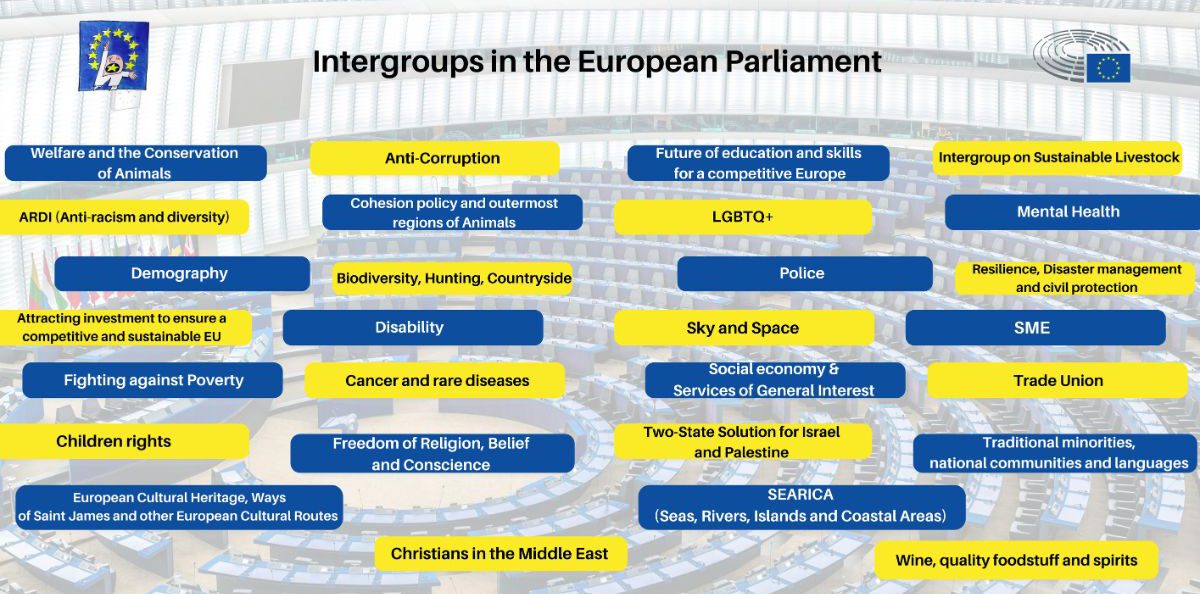

A Platform on the Future of Democracy in the European Parliament – Next Steps
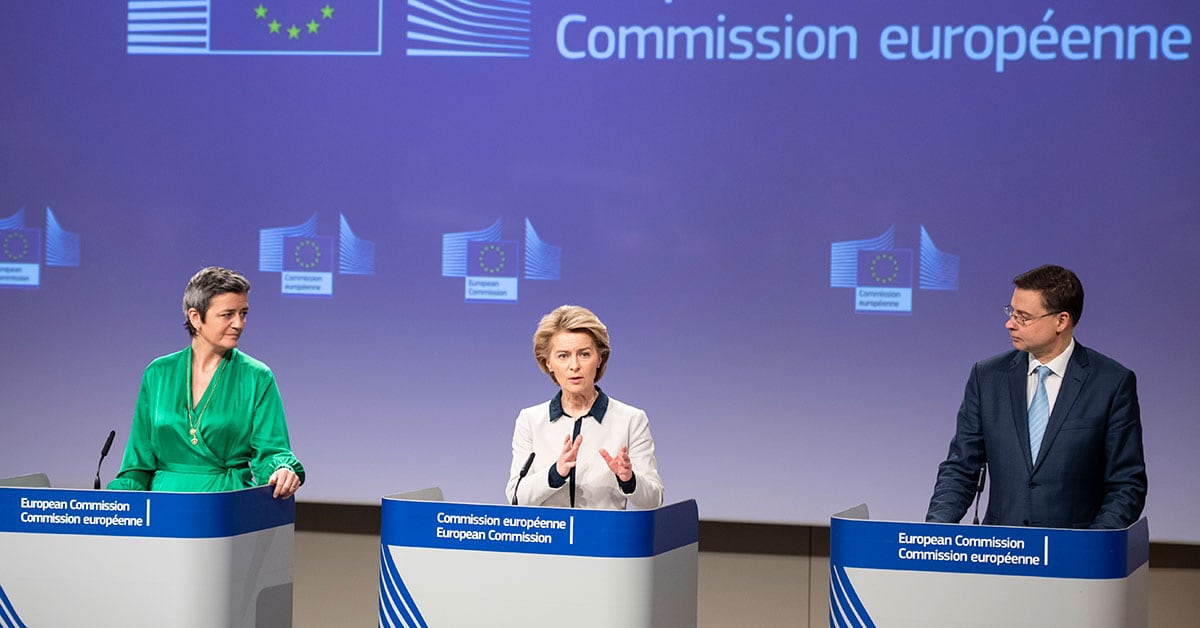

New EU Commission does not bode well for democracy and the ECI


The ECI Campaign joins End the Cage Age legal action
